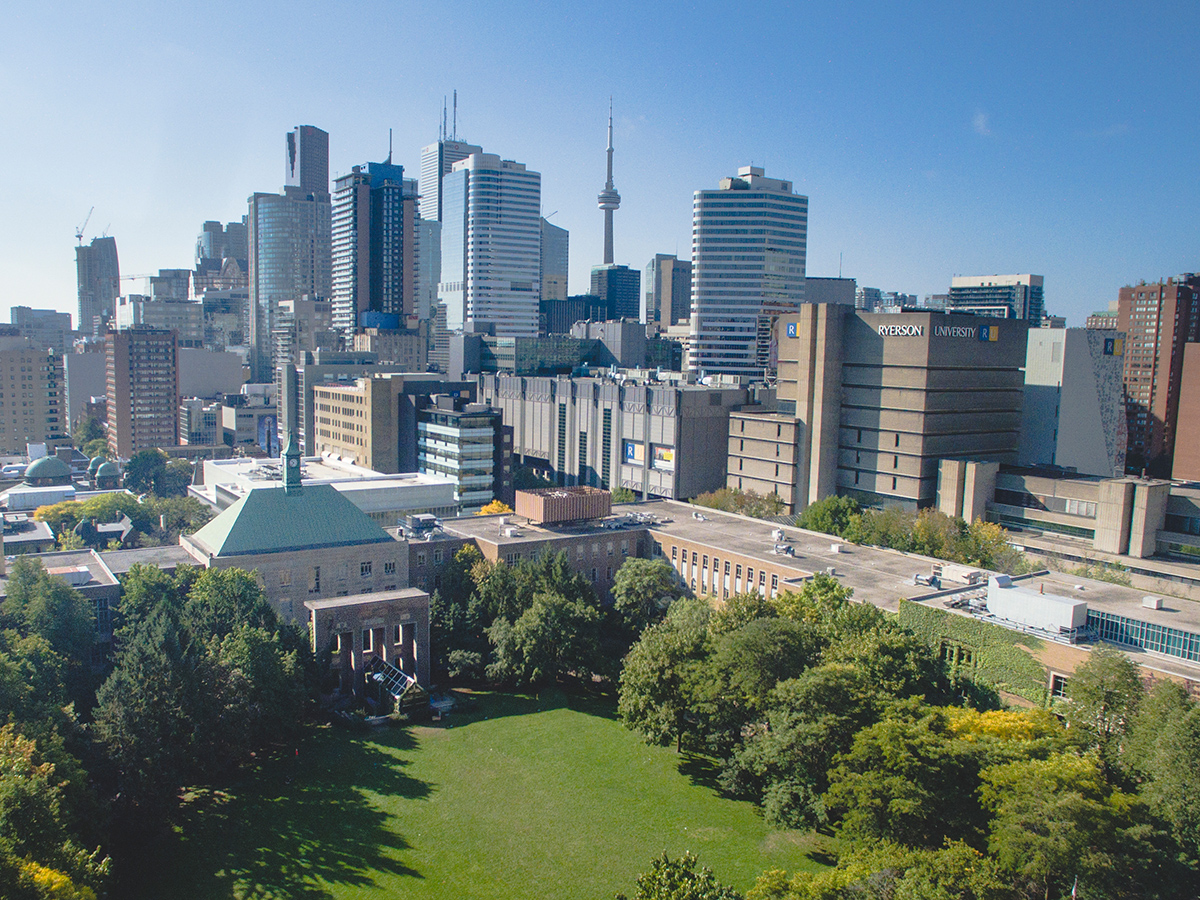Social Sciences and Humanities Research Council grants strengthen Ryerson's research portfolio with a new round of Insight Grants

New funding for Research at Ryerson university will help foster community-based collaborations and partnerships.
In the recently announced results of the Social Sciences and Humanities Research Council of Canada’s (SSHRC) Insight grants competition, researchers at Ryerson have secured more than $1.4 million in research funding.
These new grants will fund a cross-section of research opportunities and open new doors for emerging researchers on community-facing topics from immigration issues and early childhood studies to economics and trade.
This recent announcement adds to Ryerson’s complement of social science and humanities funding including five partnership development grants and a partnership grant awarded to Early Childhood Studies professor Kathryn Underwood to enhance the understanding of institutional interactions of families with disabled children. This brings Ryerson’s share of SSHRC funding to nearly $5.1 million to date, with more funding to be announced later this year.
“Ryerson is pleased to see a number of newer researchers and established researchers secure grants in these competitions,” said Steven N. Liss, vice-president, research and innovation. “Our researchers are collaborating with communities to build new bodies of research and knowledge with the aim of creating greater understanding on important societal issues, shaping policy and development and improving the quality of life in Canada and abroad.”
The SSHRC Insight grants provide funding for a period of two to five years in order to support new approaches to research on complex topics while building knowledge from interdisciplinary and cross-sectorial perspectives.
The recipients of Insight Grants include:
- Graham Hudson (Criminology): Sanctuary cities in Canada: A socio-legal study
- Carolyn Kane (Professional Communication): Electrographic architecture: Colour and development
- Sophie Thomas (English): Vital matters: Romanticism, museums, and the poetics of sculpture
- Miriam Anderson (Public Policy and Administration): Women's advancement through peace negotiations ending civil wars
- Colleen Derkatch (English): The self-generating language of wellness and natural health
- Susan Jagger (Early Child Studies): Empowering young citizens: Children's participation in school garden-based curriculum and research
- Mohamed Wahab Mohamed Ismail (Mechanical and Industrial Engineering): The valuation of new-product introduction strategies
- Harald Bauder (Geography): Sanctuary cities, solidarity practices, and urban citizenship in international perspective
- Richard Chisik (Economics): Does the Dutch disease depend on the distribution of natural resource rents, foreign aid, and remittances
- David Hunter (Philosophy): Belief as a rational capacity
- Shiri Pasternak (Criminology): The politics of fiscal control: A critical look at Crown-First Nations funding relations
- German Pupato (Economics): International trade and inequality in Canada
- Pamela Robinson (Urban and Regional Planning): Canadian smart cities: Smart for all or only some
- Halis Yidiz (Economics): Economic implications of preferential trade liberalization: The role of uncertainty and scale economies in preferential trade agreements and policy motives behind generalized system of preferences
This funding represents a portion of a $158 million investment by the government of Canada to support more than 800 research projects across the country.